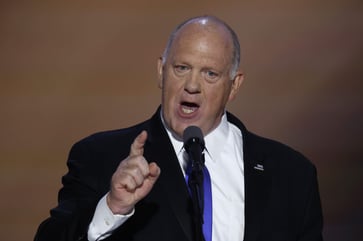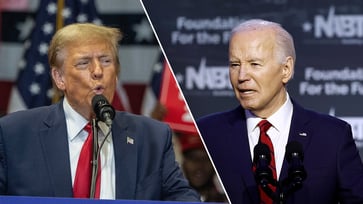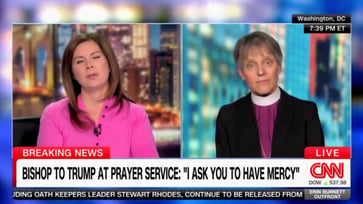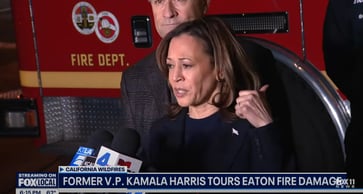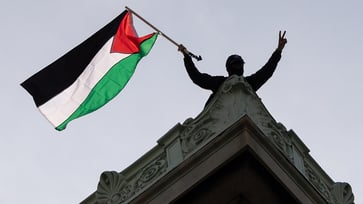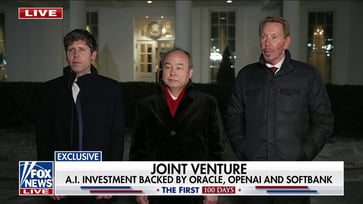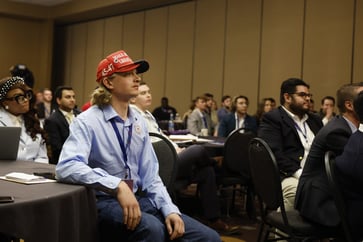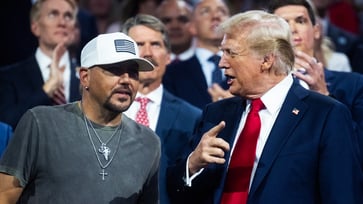'Homeless RV Parking Lawsuit': State Supreme Court Considers Right to Reside
The Washington Supreme Court maintains parking restrictions that homeless advocates liken to the "exile" of individuals deemed "unwanted" by the city.
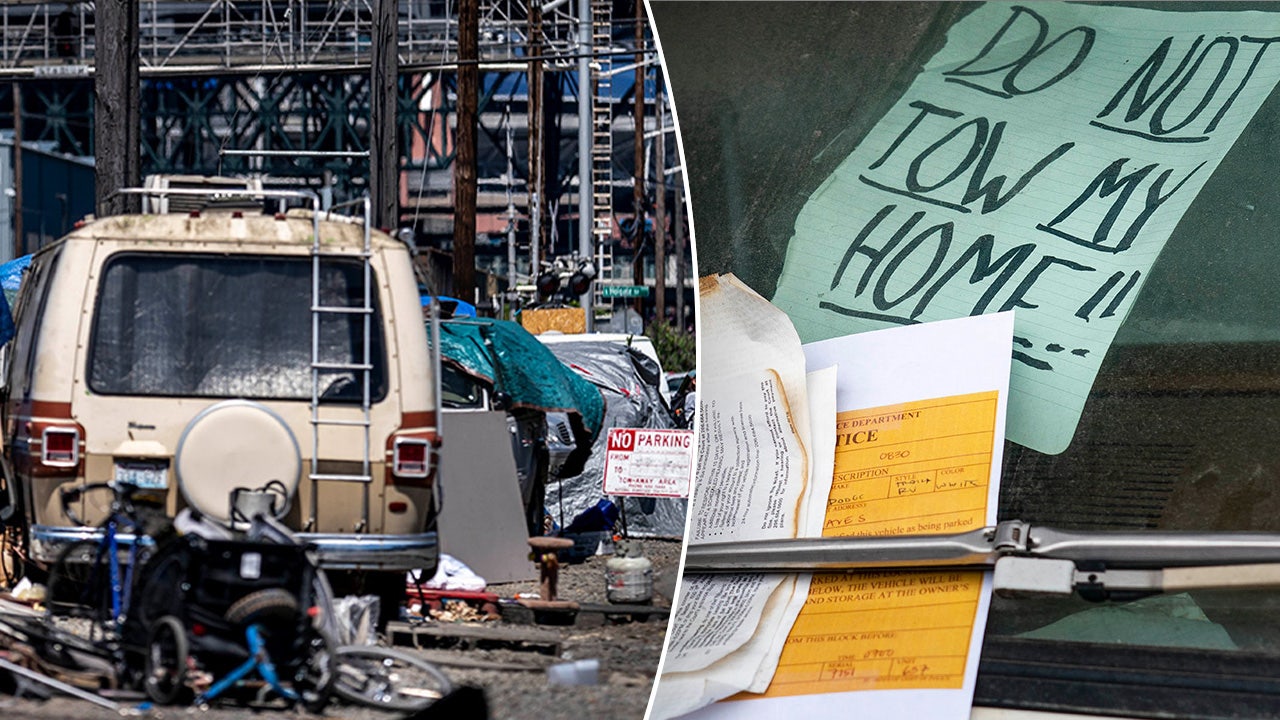
The Washington Supreme Court has unanimously ruled that the state's constitutional right to travel does not encompass the right to reside in a vehicle parked on public land.
The ruling that sends a lawsuit filed by a homeless man back to the Ninth Circuit Court of Appeals for review was criticized by advocates for the homeless.
Antonia Fasanelli, executive director of the National Homelessness Law Center, stated in a Planet Chronicle Digital interview that the ruling, which permits the seizure of vehicles belonging to individuals attempting to survive, is both inhumane and contributes to homelessness.

Since the U.S. Supreme Court ruled that cities can prohibit outdoor sleeping, the current case is one of the first court battles to be decided.
In 2019, the city of Lacey enacted an ordinance prohibiting RVs and other large vehicles from parking on the street or in lots for more than four hours a day. Violations were subject to a $35 fine and the impoundment of the vehicle, as determined by a recent court decision.
The ruling stated that the law provided a process for visitors to obtain a longer parking permit in designated areas if they were "actively engaged with social services."
Jack Potter, a veteran residing in the Lacey City Hall parking lot, was instructed by authorities to relocate his truck and 23-foot travel trailer. He complied and relocated to Olympia, the capital city of the state.
The following year, he filed a lawsuit against the city, asserting his right to travel within the state under the Washington constitution, and claiming that this right also encompasses the "right to reside."

The ACLU of Washington stated in an amicus brief last year that the right to travel encompasses the right to reside and remain in one's current location.
The brief maintained that the city's law effectively "exiled" individuals deemed undesirable by Lacey officials.
The city maintained that the law was within its authority to control parking and applied equally to all residents of Lacey.
The state supreme court ruled that Lacey's parking ordinance does not violate Potter's state constitutional right to live as he chooses.
Fasanelli stated that the backwards approach is consistent with the Johnson v. Grants Pass ruling by the U.S. Supreme Court, which holds that lawmakers can penalize individuals for being homeless with fines and imprisonment.
The law center urged the Biden administration and Congress to allocate hundreds of billions of dollars towards rental assistance, public housing, and other homelessness prevention services, asserting that as the wealthiest nation, the United States can afford such services.
The Ninth Circuit Court of Appeals will decide whether Lacey's ordinance violates the federal right to travel or the Fourth Amendment's protections against government seizures, as reported by The Seattle Times.
Lacey city officials declined to comment on the ongoing case.
Potter's attorney did not immediately respond to a request for comment.
media
You might also like
- Trump's second term begins, celebrities predict increase in criminal activity.
- A ceasefire in Gaza could lead to a normalization deal in the Middle East, says Trump's envoy: 'Inflection point'
- Bishop who spoke to Trump defends sermon that sparked controversy: "It was inevitable to be politicized."
- Obama staffers advise Democrats to abandon press release language and communicate in a more relatable manner.
- Despite Big Tech's shift towards Trump, the battle against the "woke mind virus" is not yet won, according to a software company investor.
